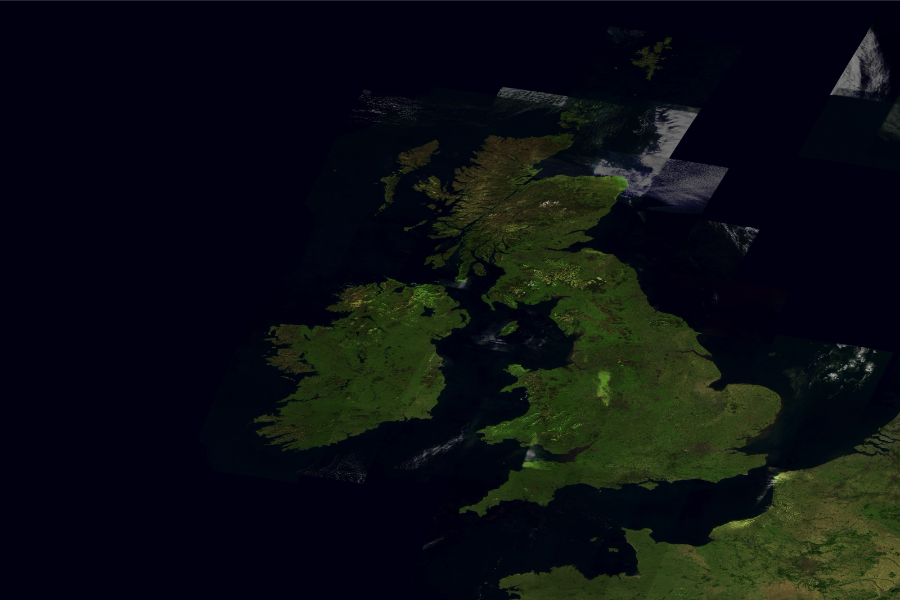Parliament And Space: ‘Concerned’ Over Launch
9th Nov 2022
Parliament and space met head-on in a House of Commons report. The report shows that the House of Commons is “disappointed” that the UK has not achieved its first launch, which was initially slated to take place in summer. Spaceport Cornwall, which is the launch site for Virgin Orbit’s Cosmic Girl 747 aircraft, is still yet to provide a date for the blastoff, amid ongoing delays.
Commons released the report on 4th November in collaboration with the Science and Technology Committee. It is a culmination of findings from its inquiry into the UK space strategy and satellite infrastructure ecosystem. The inquiry began in April 2021, and the House of Commons has now set numerous recommendations for the government to respond to.
While the House of Commons is pleased with the UK Space Agency and its increasing investment in the industry, it has recommended more sustainable funding, higher efficiency in license approvals, more assurance in launch liabilities, and a quicker approach to the UK’s first launch.
Parliament and space regarding the first UK launch
According to the report, the timeline for the first UK launch “received much speculation” during the inquiry. The date for the launch was handled with much ambiguity as the Civil Aviation Authority (CAA) did not “directly answer” questions about when it would occur earlier this year. Finally, former Minister for Science, Research and Innovation, George Freeman MP confirmed it would take place in the summer of 2022, but Cosmic Girl remains on the ground.
“We are disappointed that a launch from the UK has not yet been achieved, especially as we were assured on several occasions that the first horizontal launch would take place in summer 2022,” the report said. “The Department for Business, Energy and Industrial Strategy and the Department for Transport must prioritise working towards achieving the first launch from UK soil as soon as possible.”
Further, the House of Commons said the delay might be due to the CAA’s inability to process license applications “in a timely manner”. It found that with the increased launch activity, the CAA may not have enough employees to handle the load. The report continued: “This initial set of licence applications, the Department for Transport must provide additional resource to the CAA to ensure that the licensing process does not impede the feasibility of a launch this year. After this, we expect that the application process will become streamlined and therefore the timeline for processing licence applications should be reduced to 3–6 months for all licences by 2024.”
Nonetheless, it seems the launch will take place this year. Government visitors trudged to Spaceport Cornwall on 8th November ahead of the event, to meet those behind the mission. According to the UK government, Science Minister George Freeman, and Transport Technology Minister Jesse Norman, also toured the Space Systems Integration Facility at Cornwall.
Launch liability concerns
The report claimed that after the CAA was appointed to oversee insurance for launch – in place of the UK Space Agency – there are ongoing concerns over non-transparent liability that may be placed on companies. According to the Space Industry Act 2018 (which was introduced to work in conjunction with the Outer Space Act 1986) liability was placed on a person carrying out spaceflight activity to “indemnify the Government or listed person or body for any claims brought against them for loss or damage caused by those activities”, according to the report. This means that operators run the risk of facing unlimited liability, as regulations do not state a limit. Representatives from launch companies feared that this increases uncertainty for companies wanting to “develop business cases for launch” and recommended the government should consider setting a liability cap of €60 million, similar to approaches from other nations.
Since Parliament voiced these concerns, the government said it was looking into placing a maximum liability of £50m onto operators. “We believe this approach will be welcomed by the industry, who want further certainty on the liability caps that will be applied to their operations”, the report said. “The Government should develop proposals for the variable liability approach as quickly as possible, opening the consultation on these by the end of December 2022.”
While there were other suggestions, such as bolstering sustainable funding to space companies, the 2022 Cornwall launch was the main priority in the report. But now that these recommendations are in motion, the government has two months to respond.
Orbital Today will be looking at the other major points connecting Parliament and space in this new report.







Thank you for your comment! It will be visible on the site after moderation.